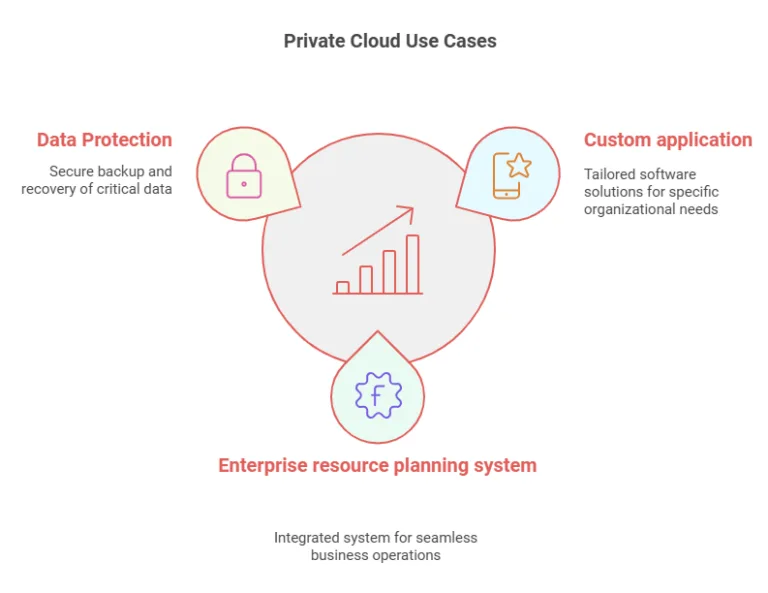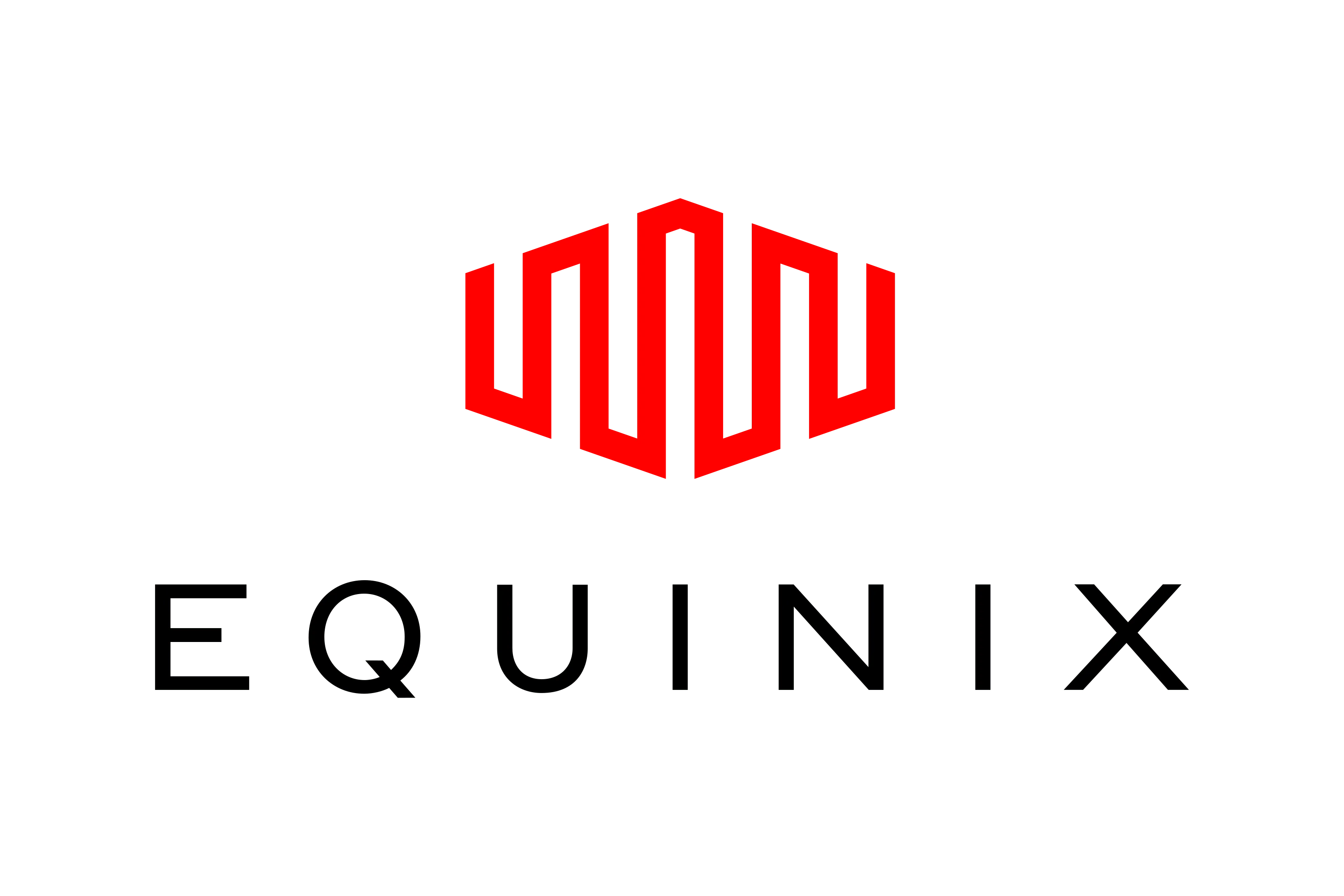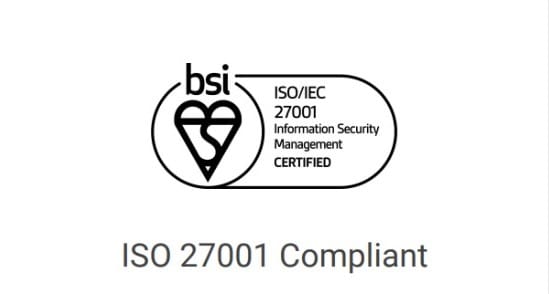What is a private cloud?
A private cloud is a cloud computing environment designed and run specifically for a single organization or enterprise. This cloud infrastructure can be provided by a third-party service provider and managed exclusively for the organization. It provides greater control and security, specifically for businesses which have sensitive data or have specific compliance requirements.
TESTIMONIALS
The difference between private cloud and public cloud
Feature | Private Cloud | Public Cloud |
|---|---|---|
Cost |
| Charge on demand, low intial cost |
Security | High Level, by having dedicated resources and environment | Low Level, by having shared resources |
Control | High Level, and the corporation has full control of the cloud | Low Level, and reply to the management from the providers |
Applicable Scenarios |
with significant resource needs looking to save costs. | Suitable for general business and development testing |
Let us tell you the secret of purchasing cloud services:
If your company requires a cloud server with substantial resources, most providers charge based on quotas and traffic. Choosing a public cloud could lead to costs that are twice as high as those associated with a private cloud.
For tailored solutions that optimize your budget and resources, please contact us for more information.
Benefits of using Private Cloud
Private cloud environments are dedicated resources that minimise the risk of sharing with other organisations, making them ideal for storing sensitive data.
Organizations can have complete control over their cloud infrastructure, including hardware configuration, resource allocation, and security policies.
Suitable for businesses that need to comply with specific laws or industry standards, such as finance and healthcare, allowing them to better meet compliance requirements.
Private clouds can be designed and configured according to the business's specific needs, providing flexible solutions.
Dedicated resources provide more stable performance, especially under high load conditions.
The total cost of ownership for private clouds may be lower than that of public clouds, especially for medium, large-scale operations. Additionally, it involves fixed monthly expenses, making budgeting easier.
Better Control
Private clouds offer more resource and hardware control compared to public clouds, as they are accessible only to specific users.
Security and Privacy
Security and privacy are significant advantages of private clouds.
Compared to public clouds, private clouds enhance security levels.
Superior performance
Private clouds offer better performance through improved speed and increased capacity.
USE CASES
Private clouds enable organizations to develop and deploy custom applications tailored to their specific needs. They offer enhanced control over development, resource allocation, and security, leading to improved performance and faster time-to-market.
Enterprise Resource Planning (ERP)
ERP systems that integrate finance, HR, and supply chain management are often hosted on private clouds. This setup provides data sovereignty, security, scalability, and easy accessibility for crucial business operations.
Data Protection and Disaster Recovery
Private clouds serve as a reliable platform for disaster recovery and business continuity. They allow organizations to securely back up data and applications, minimizing downtime and data loss during outages and disasters.
Suggestions
Private clouds provide a secure, controllable, and tailored cloud computing environment, making them ideal for workplaces requiring high security and compliance management. They enable strict data control and protection. In contrast, public clouds are better suited for businesses prioritizing rapid scalability and flexibility, allowing quick resource adjustments. The choice of cloud solution should be based on specific needs and strategic objectives, considering factors like data sensitivity, regulatory requirements, and budget constraints to ensure alignment with the business goals.
Q&a
Q1 - Is THE private cloud only suitable for large enterprises?
Ans: Although private clouds are commonly found in large enterprises, small and medium-sized businesses can also adopt private cloud solutions based on their needs. With technological advancements, ReadySpace offers scalable private cloud solutions, enabling SMEs to benefit from these advantages as well.
Q2 - Is the private cloud more expensive than the public cloud?
Ans: Especially in cases where substantial computing resources are needed, the total cost of ownership for private clouds may be lower than that of public clouds. Additionally, the security and control offered by private clouds can provide extra value to businesses.
Q3 - Private cloud is not flexible?
Ans: Private clouds can be customized and optimized to meet the specific needs of organizations, providing tailored solutions. Additionally, they offer flexible scaling options, enabling businesses to adjust resources seamlessly based on changing operational requirements and growth demands.
Q4 - DOes Setting up A Private cloud require costly technical expertise?
Ans: While setting up and managing a private cloud requires technical expertise, ReadySpace offers comprehensive local support and management services to help businesses reduce their internal technical requirements.
Q5 - Private cloud cannot be integrated with public cloud?
Ans: Private clouds can be integrated with public clouds to create a hybrid cloud environment. This allows enterprises to flexibly switch between private and public clouds based on their actual needs, maximizing the benefits of both solutions.
Leading in the industry











